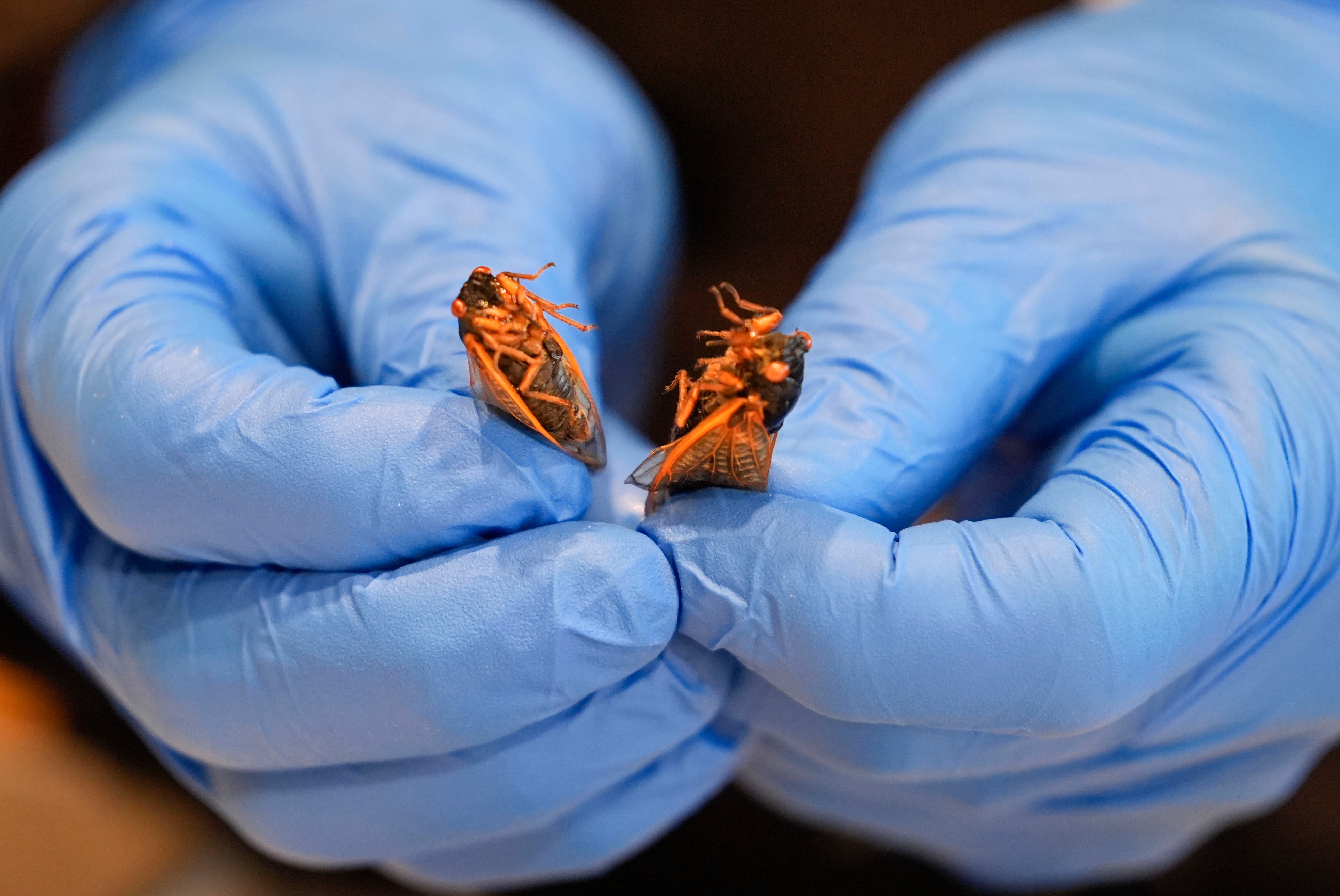Calls for insects to be added to processed foods to remove the ‘disgust factor’
Scientists say if insects are to be mainstream part of Western diet, disgust factor is one of most important challenges to be overcome
Your support helps us to tell the story
From reproductive rights to climate change to Big Tech, The Independent is on the ground when the story is developing. Whether it's investigating the financials of Elon Musk's pro-Trump PAC or producing our latest documentary, 'The A Word', which shines a light on the American women fighting for reproductive rights, we know how important it is to parse out the facts from the messaging.
At such a critical moment in US history, we need reporters on the ground. Your donation allows us to keep sending journalists to speak to both sides of the story.
The Independent is trusted by Americans across the entire political spectrum. And unlike many other quality news outlets, we choose not to lock Americans out of our reporting and analysis with paywalls. We believe quality journalism should be available to everyone, paid for by those who can afford it.
Your support makes all the difference.Incorporating flour made from insects into processed foods could help people in the UK overcome their reluctance to eat them, a study has suggested.
Insects are protein-rich, easier to farm, lower in fat and have less of an impact on the environment than livestock, according to researchers, and could help tackle obesity.
However, a survey conducted by academics found the majority of people would be unwilling to eat insects.
The online poll of 603 UK adults was carried out between 2019 and 2020.
People were asked questions about their age, gender, ethnicity and education level, as well as their level of concern about the environment.
They were also asked to complete a “food disgust scale”, which rated their disgust at less commonly eaten parts of animals, such as offal, as well as mouldy food.
The poll also included questions on how they would perceive insects to taste or feel.
Almost half (47%) said they would not be willing to eat insects, while 40% said they were unsure.

Only 13% of people who completed the survey said they would be willing to regularly consume insects.
Presenting the findings at the European Congress on Obesity in Venice, Dr Maxine Sharps, of De Montfort University, said: “The disgust factor associated with eating whole insects could be overcome by incorporating insect flours into processed foods.
“This has been done successfully with rice products fortified with cricket or locust flours in other parts of the world.”
Lead author Dr Lauren McGale, of Edge Hill University in Lancashire, added: “Insects are a potentially rich source of protein and micro-nutrients and could help provide a solution to the double burden of obesity and undernutrition.
“Some insect proteins, such as ground crickets or freeze-dried mealworms, are cheaper and easier to farm, often lower in fat and have a lower environmental impact than traditional livestock.”
Dr Sharps said: “But if insects are to be a mainstream part of the Western diet, the disgust factor is one of most important challenges to be overcome.
“Afterall, there may be eventually no choice with climate change and projected global population growth.”

Join our commenting forum
Join thought-provoking conversations, follow other Independent readers and see their replies
Comments